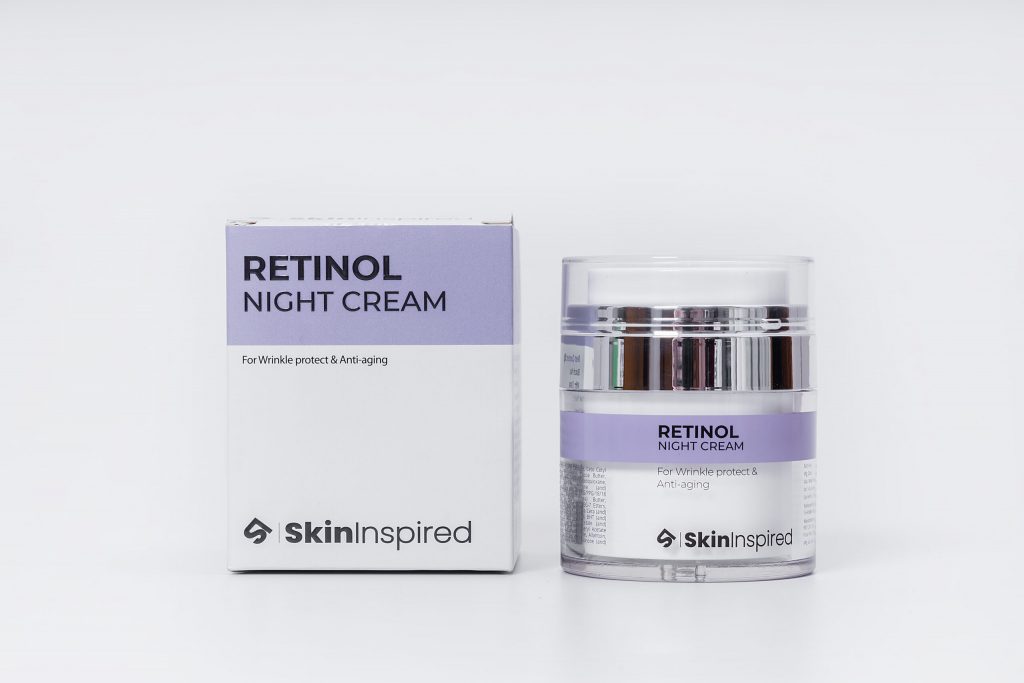Tin tức
The Wonders of Retinol: How Incorporating a Retinol Night Cream into Your Skincare Routine Can Transform Your Skin
Introduction
If you’re looking for a powerful skincare ingredient that can help to fight signs of aging, reduce acne, and improve skin texture and tone, then retinol may be the answer. Retinol is a form of vitamin A, and it’s been hailed as a “miracle ingredient” in skincare for its ability to boost collagen production and speed up cell turnover. In this blog post, we’ll be exploring the benefits of incorporating a retinol night cream into your skincare routine and how it can help to transform your skin.
What is Retinol?
Retinol is a form of vitamin A, and it’s a powerful ingredient that’s been used in skincare products for decades. When applied to the skin, retinol is converted into retinoic acid, which is the active form of vitamin A that works to boost collagen production and speed up cell turnover. This helps to reduce the appearance of fine lines and wrinkles, improve skin texture and tone, and reduce acne.
Benefits of Retinol
- Reduces the Appearance of Fine Lines and Wrinkles
One of the most well-known benefits of retinol is its ability to reduce the appearance of fine lines and wrinkles. This is because retinol boosts collagen production and speeds up cell turnover, which helps to plump up the skin and smooth out wrinkles.
- Improves Skin Texture and Tone
Retinol can also help to improve skin texture and tone by increasing cell turnover and promoting the production of new skin cells. This helps to brighten the skin, reduce discoloration and age spots, and even out the skin tone.
- Reduces Acne
Retinol is also known to be effective in reducing acne. It helps to unclog pores and reduce inflammation, which can help to prevent future breakouts.
- Brightens the skin
Retinol also helps to brighten the skin, reduce discoloration, and even out skin tone.
- Protects Skin from UV Damage
Retinol has also been shown to have some protective effects against UV damage. When used in conjunction with sunscreen, retinol can help to reduce the damage caused by UV rays, which can help to prevent wrinkles, dark spots, and other signs of aging.

